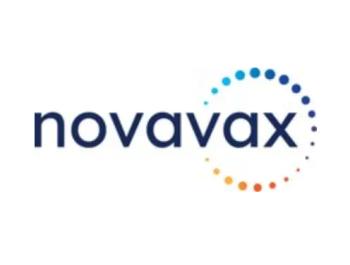
Phase 3 results show immune response and tolerability in adults 65 and older, following phase 2 findings.

Phase 3 results show immune response and tolerability in adults 65 and older, following phase 2 findings.
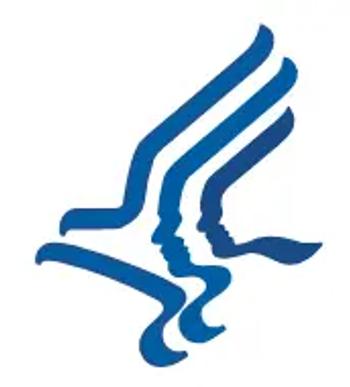
The replacement of all 17 ACIP members sparks concern among medical experts and prompts calls for Senate investigation.

New modeling estimates up to 360,000 symptomatic cases annually, 10 to 18 times higher than reported, with CDC experts calling for expanded testing, reporting, and clinical awareness.

Enflonsia, a single-dose, long-acting antibody, has been FDA approved to significantly reduce RSV infections and hospitalizations in infants, providing new hope for protecting vulnerable babies during RSV season.

The ongoing H5N1 avian flu outbreak has severely impacted U.S. poultry and dairy industries, prompting a $1 billion USDA response strategy that includes biosecurity, vaccination research, and innovation funding. With growing concern over viral mutations affecting humans and livestock, rapid, field-based diagnostic tools offer critical support in accelerating detection and containment efforts.
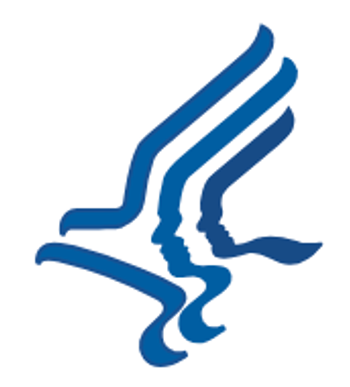
Full committee removal raises concerns over vaccine policy stability and scientific independence.

Multiple studies highlight fidaxomicin’s effectiveness across high-risk populations despite cost and access challenges, underscoring the need for education and stewardship to improve guideline adherence.

Q&A with Amy Cain discusses cannabidiol and cannabidivarin’s effects on fungal biofilms and drug-resistant strains.

Presented at MAD-ID 2025, Natt Patimavirujh, PharmD, supports fidaxomicin over vancomycin for high-risk groups, including transplant and chemotherapy patients.
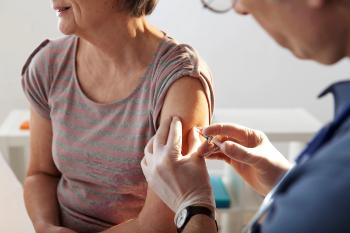
The most common reasons include finances, logistics, availability of information, and hesitancy or refusal.
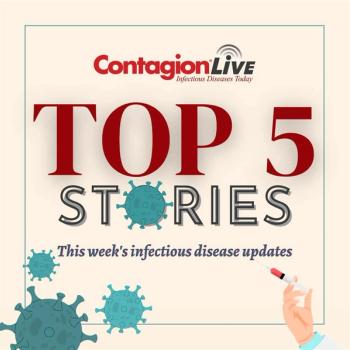
This week, FDA approved Moderna’s improved COVID-19 vaccine mRNA, MAD-ID findings showed omadacycline’s 86% success rate in treating infections in immunocompromised patients, consistent safety in preventing recurrent CDI in patients with comorbidities, and more.
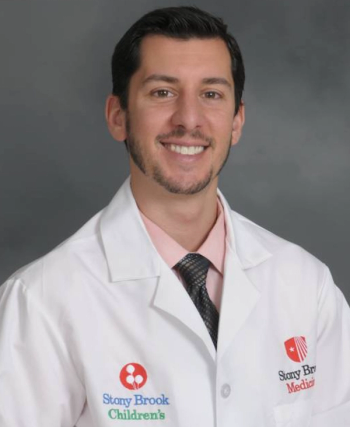
Andrew Handel, MD, discusses prevention, how to remove ticks, and the burden of Lyme disease in certain populations.
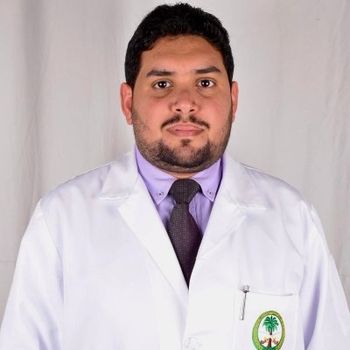
Presented at MAD-ID by Mohammed Al Musawa, PharmD, BCIDP, the study found lower clinical success with imipenem-cilastatin-relebactam in obese patients, raising questions about dosing strategies.

At MAD-ID, Alyssa Cox, PharmD, showed fidaxomicin reduces 90-day recurrence by 68.3% versus vancomycin, with rates of 7.9% vs. 19% in 176 hospitalized patients.

Valneva’s immunization, Ixchiq, was well tolerated in children ages 1 to 11 years regardless of the dose or previous chikungunya infection.

Mycovia Pharmaceuticals is evaluating oteseconazole against the standard of care for treating cryptococcal meningitis.

At MAD-ID, Jose Alexander, MD, reports 98% susceptibility in ESBL E coli and 76% in K pneumoniae, underscoring the need for species-specific testing.

At MAD-ID 2025, Tiffany Lee, PharmD, presents multi-center findings showing no increase in AKI with higher initial dosing.
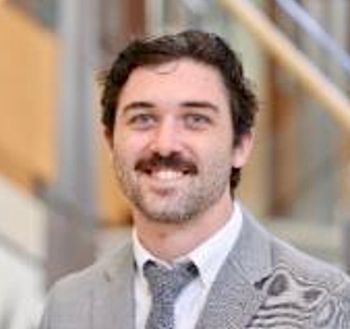
At MAD-ID 2025, William R Mikesell, PharmD, presented data showing 20% vs 16% treatment failure rates in doxycycline and minocycline groups.

Christina Lee, PharmD, and Julia Donahue, PharmD, analyzed 533 encounters revealing a 27.1% readmission rate in immunocompromised patients versus 14.1% in non-immunocompromised patients.

Hydronidone demonstrated significant efficacy in liver fibrosis regression in CHB patients, meeting the primary endpoint in a phase 3 trial. The company plans to file regulatory applications in China and the US, aiming to expand the therapy's indications.
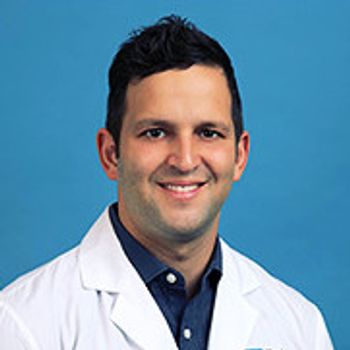
Long-acting lipoglycopeptides were as effective as daily standard-of-care antibiotics in step-down regimens for serious infections.

At MAD-ID, Dianne Nguyen, MD, shares Phase 3 data showing consistent tolerability of the microbiome therapy across high-risk patient populations

In a new study presented at MAD-ID, omadacycline was found to have an 86% clinical success rate across a wide-range of infections and pathogens in an immunocompromised population.
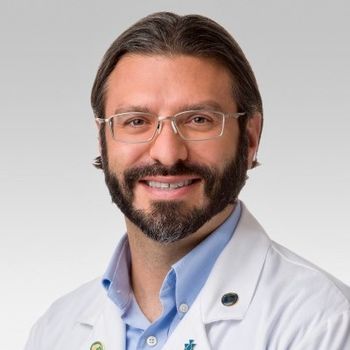
At MAD-ID, Marc Scheetz, PharmD, discusses how PK/PD modeling and AUC-based strategies offer safer, more precise antibiotic therapy.

Bacteria genetically engineered to express human chemokine to enhance wound healing demonstrates direct activity against MDR bacteria in-vitro.

Logan Brock, PharmD, presents data at MAD-ID, showing limited diagnostic yield from routine fungal cultures and delayed results compared with standard methods.

After the leaders of the NIH, FDA, and HHS made an announcement stating that both pregnant women and children were going to be taken off the COVID-19 immunization schedule, they decided to offer a new designation for the latter group, making it a shared decision between providers and patients.

At MAD-ID 2025, Kimberly Leuthner, PharmD, FIDSA, highlights the need for larger prospective studies amid limited current evidence.

The company's vaccine, mRNA-1283, becomes the first approval under the new federal guidelines.